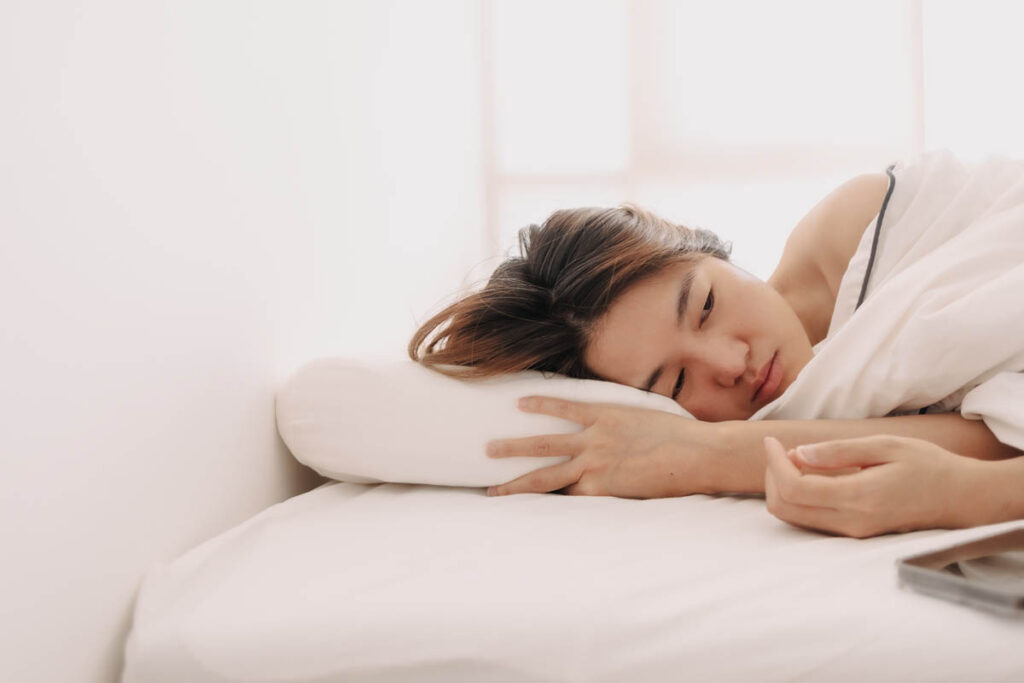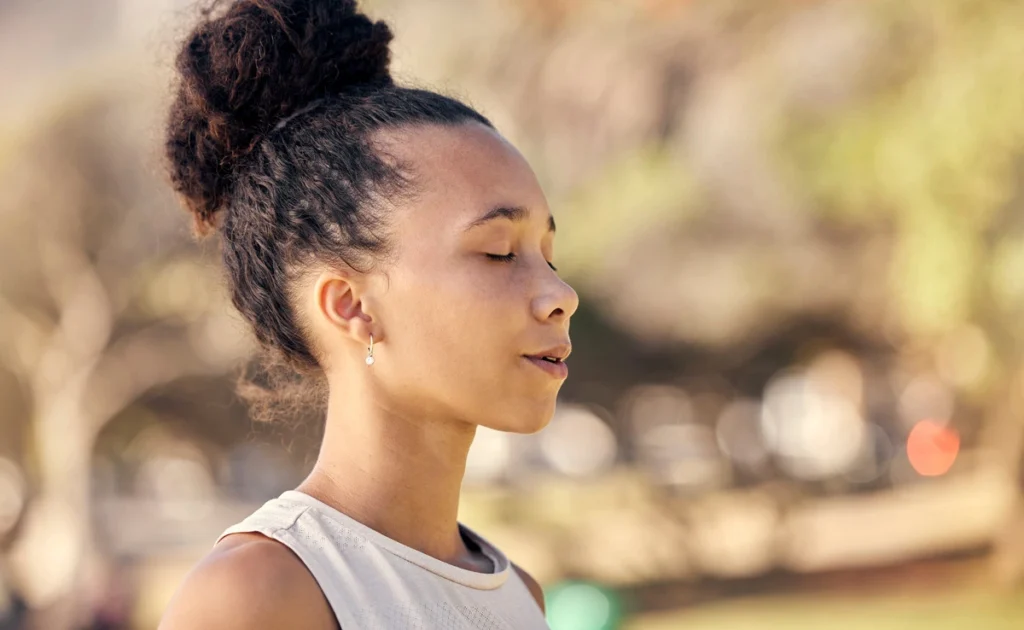Your alarm buzzes, and instead of feeling ready to tackle the day, a wave of unease washes over you—anxiety has arrived before your feet even hit the floor. If this sounds familiar, you’re not alone. For many, mornings can feel overwhelming, marked by racing thoughts, a pounding heart, or a sense of dread without a clear cause.
While some anxiety is a normal part of life, persistent morning anxiety can disrupt your peace, derail your day, and impact your overall well-being. The good news? You don’t have to face it alone. With the right tools and support, you can reclaim calm and set a positive tone for your mornings.
At 7 Summit Pathways, we understand how anxiety can affect every aspect of life. That’s why our expert team offers personalized behavioral health programs to help you reduce morning anxiety, address underlying triggers, and rediscover balance. Take control of your mornings. Call 813.630.4673 to start your journey to peace of mind today.
 What Is Morning Anxiety?
What Is Morning Anxiety?
Morning anxiety refers to waking up with intense feelings of worry, stress, or unease, often before your day even begins. While not a medical diagnosis, it describes the emotional and physical symptoms that can disrupt your morning routine and negatively impact your overall well-being.
It’s important to note that morning anxiety differs from common feelings of stress, like dreading a meeting or running late. This kind of anxiety comes with distinct physical signs that may include:
- A pounding or racing heart.
- Increased jitteriness or restlessness.
- A sense of worry with no clear reason.
- Feeling on edge or overwhelmed.
- Fatigue or exhaustion, even after a full night’s sleep.
If left unmanaged, morning anxiety can interfere with your ability to focus, maintain relationships, or perform daily tasks. Over time, it may lead to more significant personal and professional consequences.
For those asking, “What causes morning anxiety, and how can I overcome it?”, understanding its triggers is the first step. Whether it’s the result of elevated cortisol levels, chronic stress, or lifestyle factors, addressing morning anxiety is possible with the right tools and support. Keep reading to learn actionable strategies or contact 7 Summit Pathways for personalized anxiety treatment.
 Why Am I Waking Up With Anxiety?
Why Am I Waking Up With Anxiety?
There is almost an infinite number of reasons why some people wake up anxious. However, there seem to be several main culprits that contribute to morning anxiety:
- The cortisol awakening response (CAR) – This stress hormone is at its highest in the first hour of waking for those with excessive stress in their lives.
- Thinking about the future – Whether it’s 10 minutes or 10 hours down the road, thinking about what lies ahead and mulling it over can get your mind racing and lead to anxious thoughts.
- What you eat or drink first thing – Caffeine and foods high in sugar can increase anxiety symptoms.
- Low blood sugar – If you haven’t had enough to eat, this can also make anxiety worse.
- Chronic stress – Feeling stressed before you go to bed makes you more likely to wake up feeling this way.
- Anxiety disorder – Morning anxiety could indicate that you have an underlying anxiety disorder.
Whatever the source of morning anxiety, it is vital to understand the underlying cause and ways of overcoming anxiety.
How to Reduce Morning Anxiety
Thankfully, there are techniques you can practice in the morning to help you better deal with whatever is causing your anxiety.
Get Up and Get Moving
Whether it’s a brisk morning walk or a visit to your local gym, physical activity is one of the best ways to lift your mood in the morning. If you are dealing with excessive worry in those early hours, try to exercise at least five days a week for about 30 minutes each session.
Practice Mindfulness, Meditate or Pray
Meditation, mindfulness, and prayer all have similar goals — get your mind off future worries and focus on the present. Try to put yourself in a mindful state when you first wake up. Objectively observe your feelings, thoughts, and bodily state while trying not to react to them. Take some deep breaths, turning your focus away from what you can’t control and turning it toward what you can.
Train Your Mind
Sometimes, the best way to defeat anxiety is to challenge negative thinking and train your mind towards optimism. Keep a journal or notebook by your bed. Write down everything you are grateful for. Jot down a few upcoming things you’re excited about. Record good things that have happened to you. This will help keep you focused on positivity.
Holistic Approach and Therapies
Contact 7 Summit Pathways for Overcoming Anxiety
Stress and anxiety are normal parts of life. However, chronic worry can have a detrimental effect on your physical, emotional, and mental well-being, especially if you struggle with addiction. If you need help, 7 Summit Pathways is here for you.
We understand that issues like anxiety or depression often serve as catalysts for addiction. Our team of interdisciplinary specialists addresses not only the addiction but also any underlying conditions that may have triggered your substance use.
Don’t let anxiety or addiction leave you feeling hopeless. Contact 7 Summit Pathways online or schedule an appointment with a caring team member by calling 813.630.4673.


